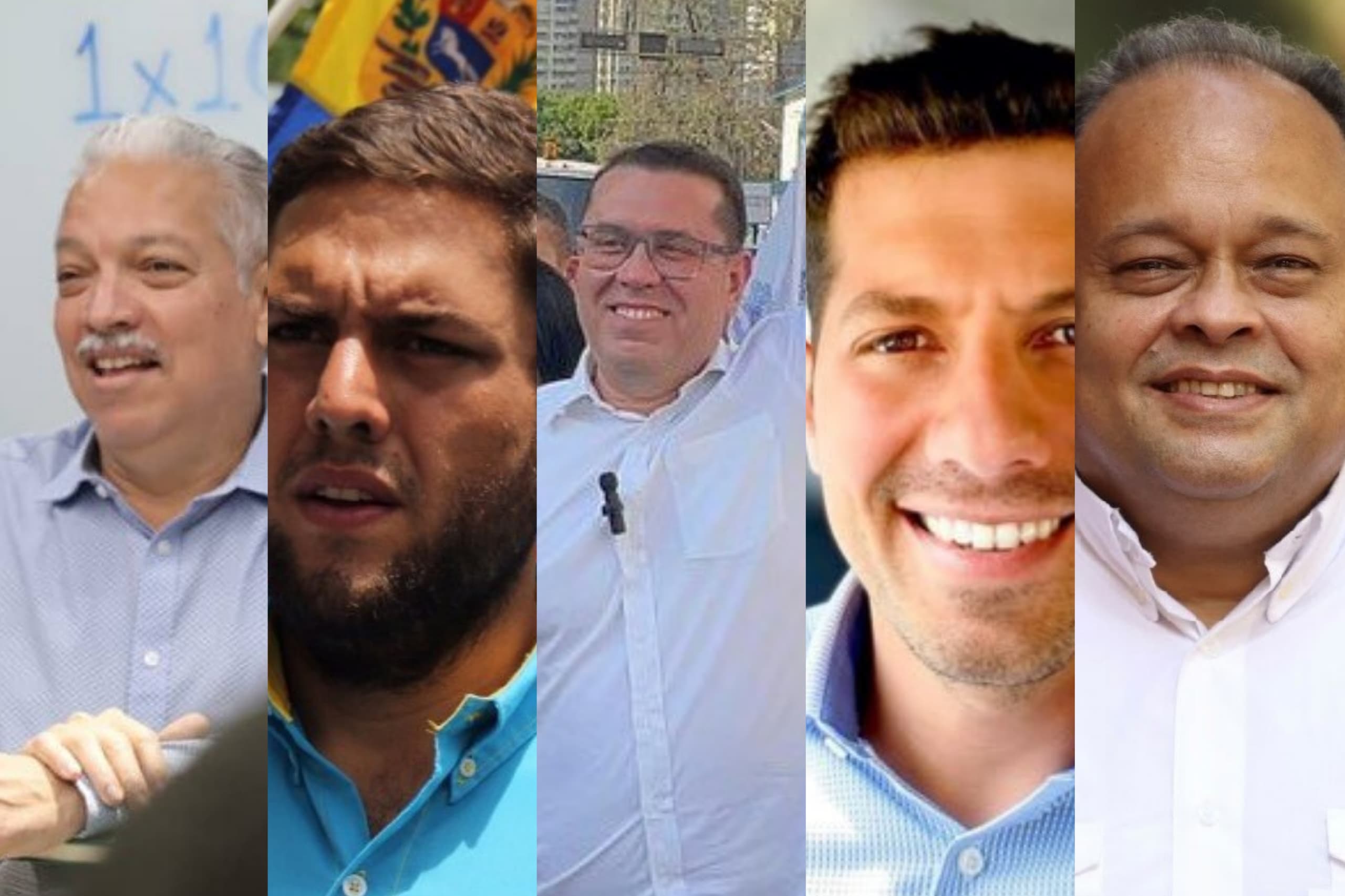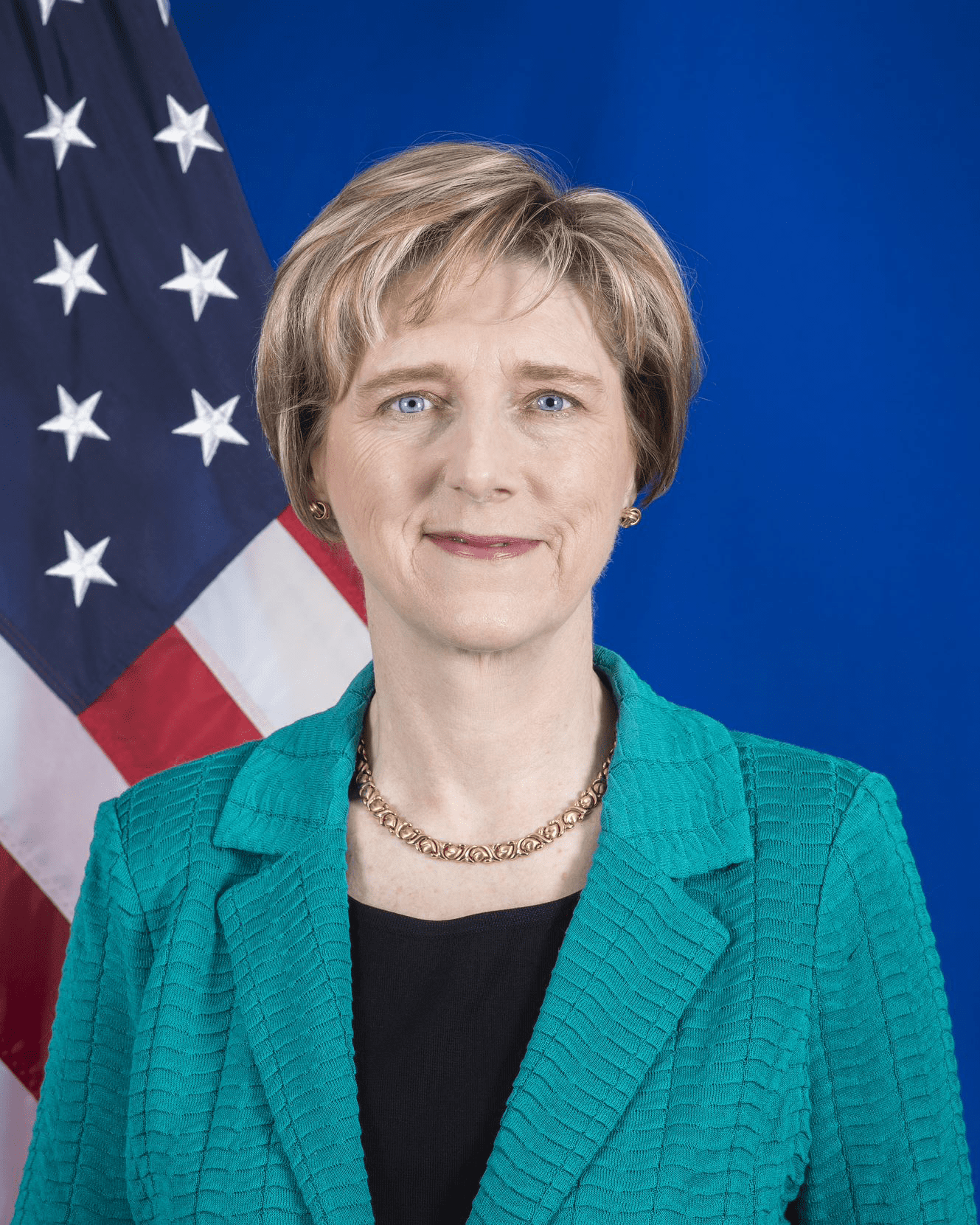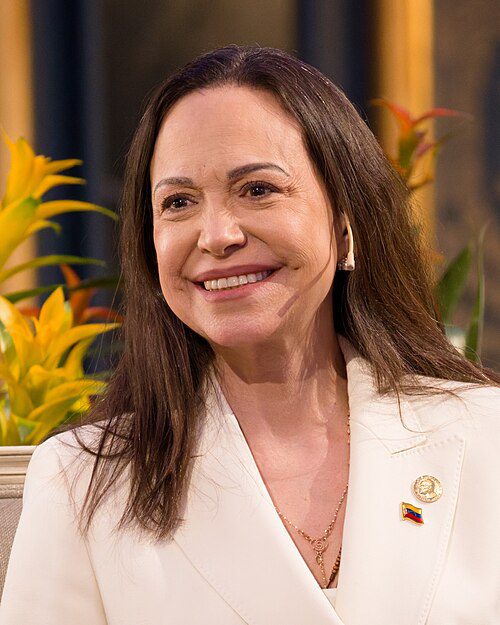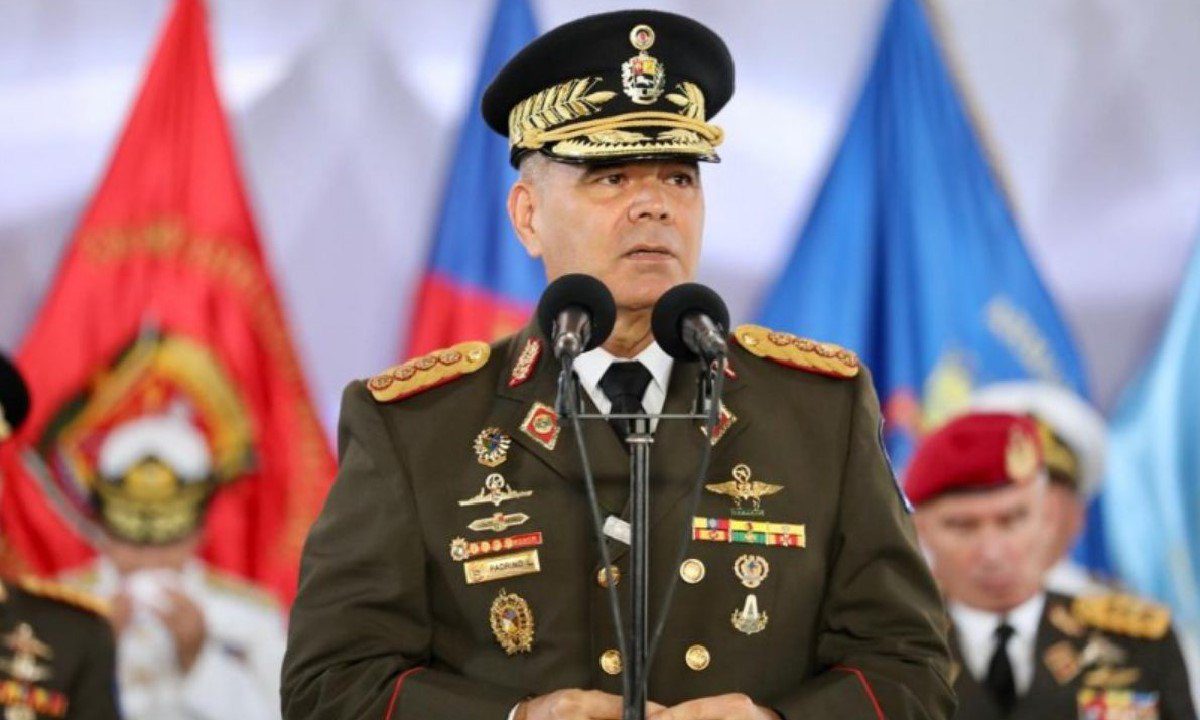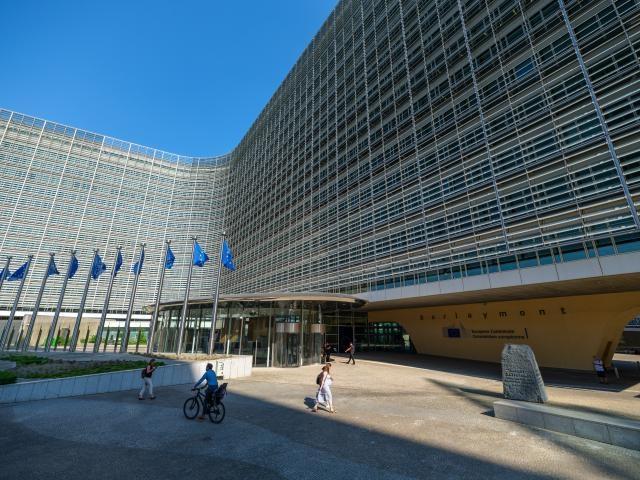The candidates for the governorship of Miranda in the May 2025 elections represent different generations and political visions, reflecting the diversity and complexity of the regional landscape. Photos: Social Media.
Guacamaya, April 18, 2025. The state of Miranda, a strategic entity in Venezuela and the second most populous in the country, will elect its next governor on May 25, who will be legitimized for the 2025-2029 term. With an electoral roll exceeding 2.2 million voters, based on data from previous electoral processes, this jurisdiction consolidates itself as a key political thermometer.
The regional elections, coinciding with the election of deputies to the National Assembly and state legislative councils, present a range of candidacies reflecting the complex dynamics of the political situation. From the ruling party’s candidate to representatives of various opposition currents, at least five aspirants seek to lead the destiny of the north-central region.
Weeks before the officialization of opposition candidacies for the governorship of Miranda, Guacamaya had unofficially revealed several names that have now been formally confirmed by the participating parties. Among them are Juan Requesens (Un Nuevo Tiempo and Única), Negal Morales (Alianza del Lápiz), and Eric Ondarroa (Alianza del Lápiz).
The only change occurred in Fuerza Vecinal. The party, which was expected to nominate David Uzcátegui, who now aspires to the National Assembly, will be represented by leader Máximo Sánchez for the regional government. It was learned through unofficial sources that Uzcátegui would support the UNT and Única option, but this could threaten the permanence of his party’s card in the elections.
On the other hand, the ruling party formally announced on March 31 the nomination of Elio Serrano. The event was led by national leader Nicolás Maduro, accompanied by Diosdado Cabello, president of the Special Electoral Commission of the United Socialist Party of Venezuela (PSUV). Serrano, who has been the interim governor since 2024, formalized his registration on April 11.
Below are the profiles of the announced candidates so far:
Elio Serrano (PSUV – GPPSB)
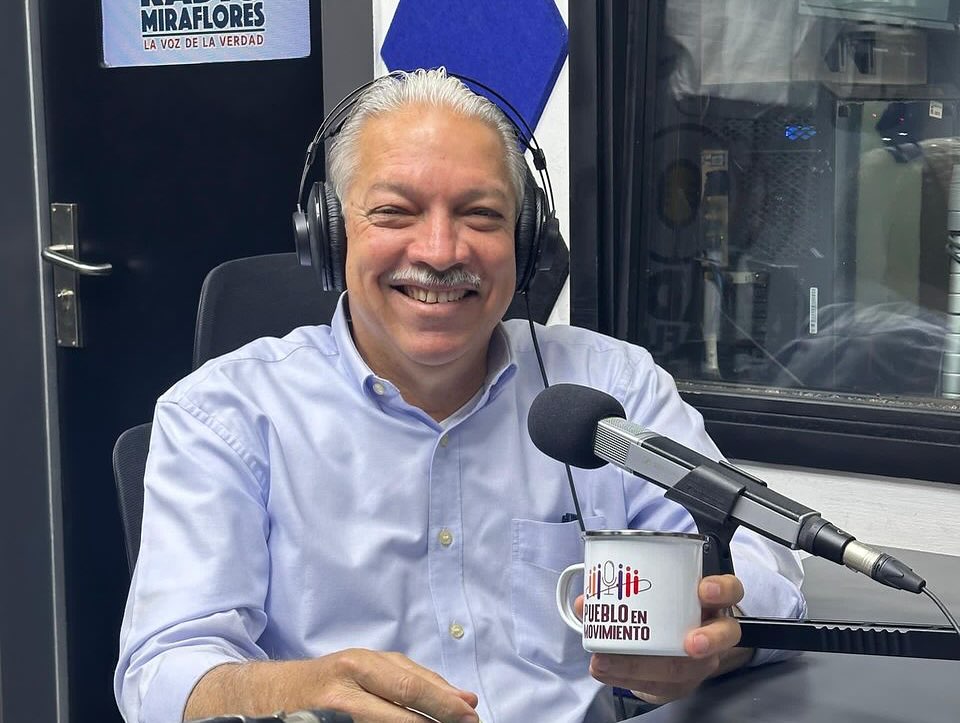
Elio José Serrano Carpio, 61, is a politician with three decades of experience in elected positions in the state of Miranda, especially in the Valles del Tuy region, where he is originally from. He is also an electrical engineer by profession.
His first steps in politics led him to be a councilor of the Paz Castillo municipality between 1995 and 2000 for the Movimiento al Socialismo (MAS) party and later mayor of that municipality for two consecutive terms, from 2000 to 2008. In 2009, he held the position of Deputy Minister of Management for Infrastructure Planning at the Ministry of Public Works and Housing.
From 2010 to 2024, during three consecutive terms, Serrano has been a deputy to the National Assembly for Circuit 7 of Miranda, which includes the Paz Castillo and Independencia municipalities, representing the United Socialist Party of Venezuela (PSUV). During his tenure in the National Parliament, he was part of the Permanent Commission on Administration and Services.
On September 10, 2024, he was appointed interim governor of Miranda by the State Legislative Council, following the departure of Héctor Rodríguez, who assumed the Ministry of Education. Serrano took office with the commitment to continue the ruling party’s management in the entity until the regional elections scheduled for 2025.
On March 31, Diosdado Cabello highlighted the work done by Serrano during his interim administration and presented him as the ruling party’s option for the regional elections on May 25. In his short administration, Serrano has emphasized the continuity of social programs and community participation, although he faces criticism for structural problems in public services in the region.
This will be the first time the leader runs for the position of Governor of Miranda and will have the support of the United Socialist Party of Venezuela and other cards belonging to the Great Patriotic Pole Simón Bolívar (GPPSB).
Juan Requesens (Única and UNT)
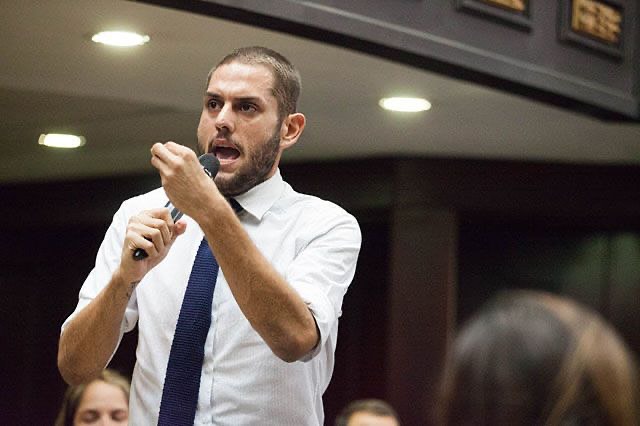
Juan Carlos Requesens Martínez, 36, is a Venezuelan political scientist and politician first known in the public arena for his leadership in the student opposition during the 2014 protests, known as “La Salida.” At that time, he served as president of the Federation of University Centers of the Central University of Venezuela (FCU-UCV).
He is also recognized for his election as a deputy for the state of Táchira to the National Assembly for the 2016-2021 term, representing Primero Justicia, with a profile that stood out for his activism in defending rights and social demands. Although his history of struggle attracts support among younger sectors, a disadvantage is his limited executive experience.
In August 2018, he was arrested and accused by the government of being linked to a drone attack against President Nicolás Maduro during an event on Bolívar Avenue in Caracas. The leader spent more than two years in preventive detention under controversial conditions until he received house arrest and was later released in October 2023 following the Barbados Agreement.
In April 2025, his candidacy for the governorship of Miranda was announced under the banners of Un Nuevo Tiempo (UNT) and the Unión y Cambio (Única) card, linked to Henrique Capriles Radonski. In this way, he distanced himself from the abstentionist line followed by most of the Democratic Unity Platform and his former party Primero Justicia, which expelled him after his nomination.
His campaign relies on personal charisma and generational renewal. His challenge will be to convert political capital into concrete votes, especially in popular areas where his presence has not been as noticeable.
Negal Morales (AD – Alianza Democrática)

Negal Manuel Morales Llovera, 53, is a Venezuelan politician affiliated with the ad hoc board of Acción Democrática (AD) and current secretary general of the faction in the state of Miranda. He was secretary of the National Assembly during the 2018-2019 period and later part of the controversial leadership led by Luis Parra in 2020-2021, recognized by the Supreme Court of Justice (TSJ).
Morales was expelled from Acción Democrática in January 2020 for “self-exclusion” by accepting the nomination as secretary of that leadership, in a process known by some factors as “Operation Scorpion,” which sought to divide the majority parliamentary opposition. That same year he was sanctioned by the United States Treasury Department along with other deputies for his participation in the controversial leadership of the National Assembly.
His nomination as a candidate for the governorship of Miranda by the Alianza Democrática represents the continuity of his political figure within a dissident faction of the party, which is accused of having relations with ruling sectors. Morales has defended his role as a “bridge for dialogue” between political forces, although his critics point to him as an example of submission.
The registration of Negal Morales is supported by the intervened cards of Acción Democrática, Copei, Primero Justicia, and Voluntad Popular. Additionally, he will have the support of the Progressive Advance, Cambiemos, Soluciones, El Cambio, and other coalition representations, such as Primero Venezuela, Venezuela Unida, Unidad Visión Venezuela, and Movimiento Republicano.
Eric Ondarroa (Alianza del Lápiz)

Eric Daniel Ondarroa, 42, is a lawyer and national secretary general of the Alianza del Lápiz, a political party that presents itself as an independent and “electoral protest” alternative to the traditional polarization in Venezuela. Ondarroa, with a young profile and legal training, promotes an agenda focused on political renewal, transparency, and the fight against corruption.
Although his public trajectory is mainly linked to party leadership and activism within el Lápiz, the leader has 21 years of experience in managing public positions. His candidacy for the governorship of Miranda was formalized in April 2025, supported by Antonio Ecarri, leader and founder of the movement, who emphasizes that they seek to represent “a new generation that does not make deals with outdated actors.”
Ondarroa has stood out for his critical discourse towards both the PSUV and the “old opposition,” pointing out that “Venezuela is tired of the PSUV and the MUD being more of the same” and proposing an agenda focused on youth inclusion and education. In this way, he embodies the figure of an emerging leader seeking to capitalize on discontent with traditional political polarization and offer a different proposal.
Máximo Sánchez (Fuerza Vecinal)
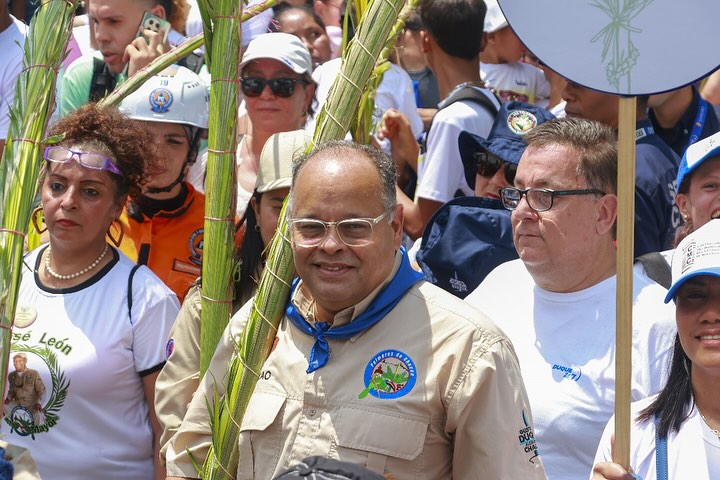
Máximo Sánchez is the national secretary general of Fuerza Vecinal, a political party founded in 2021 that brings together several mayors and municipal opposition leaders. He is a political scientist and currently serves as president of the Chacao Municipal Council, from where he promotes an agenda focused on “efficient, transparent, and community-oriented public management.”
With his experience in public administration, Sánchez has highlighted his management for efficient adaptation to the Tax Harmonization Law, a community alert system via WhatsApp, and the provision of security cameras throughout the municipality. His formal registration as a candidate for the Governorship of Miranda was made effective on April 12 and broadcast live on Globovisión.
His discourse avoids ideological confrontations and focuses on concrete solutions to everyday problems such as public services and citizen security. This stance has garnered support in urban middle-class sectors, although it has also drawn criticism from more radical groups accusing him of “collaborationism.” His main challenge will be to expand his influence beyond the municipal sphere.
Electoral Context and Challenges
Miranda, with 21 municipalities and 55 parishes, presents a fragmented electoral map with marked socioeconomic and territorial differences. According to Datincorp data, voter turnout in the region is estimated at 37.2%, slightly lower than the national projection of 37.6%.
According to a Datanalisis survey conducted in July 2019, Héctor Rodríguez, the outgoing governor, received a negative evaluation from 80.7% of respondents. However, he was re-elected in 2021 due to the fragmentation of the opposition vote, a situation that is recurring in this process. Even so, Serrano and Requesens are estimated to be the main contenders.
The elections take place in a climate of post-presidential tensions, following protests over the results of July 2024. Nicolás Maduro’s government was officially declared the winner, but the opposition and a significant part of the international community denounced a lack of transparency, as opposition candidate Edmundo González was said to have won according to 83% of the records verified by the opposition.
In this scenario, the regional and legislative elections on May 25 take on a strategic character, as they will not only define governors and deputies but also serve as a key indicator of power dynamics. The internal division within the opposition, between those advocating electoral participation and those promoting abstentionism, also shapes the development and outcomes of these elections.

